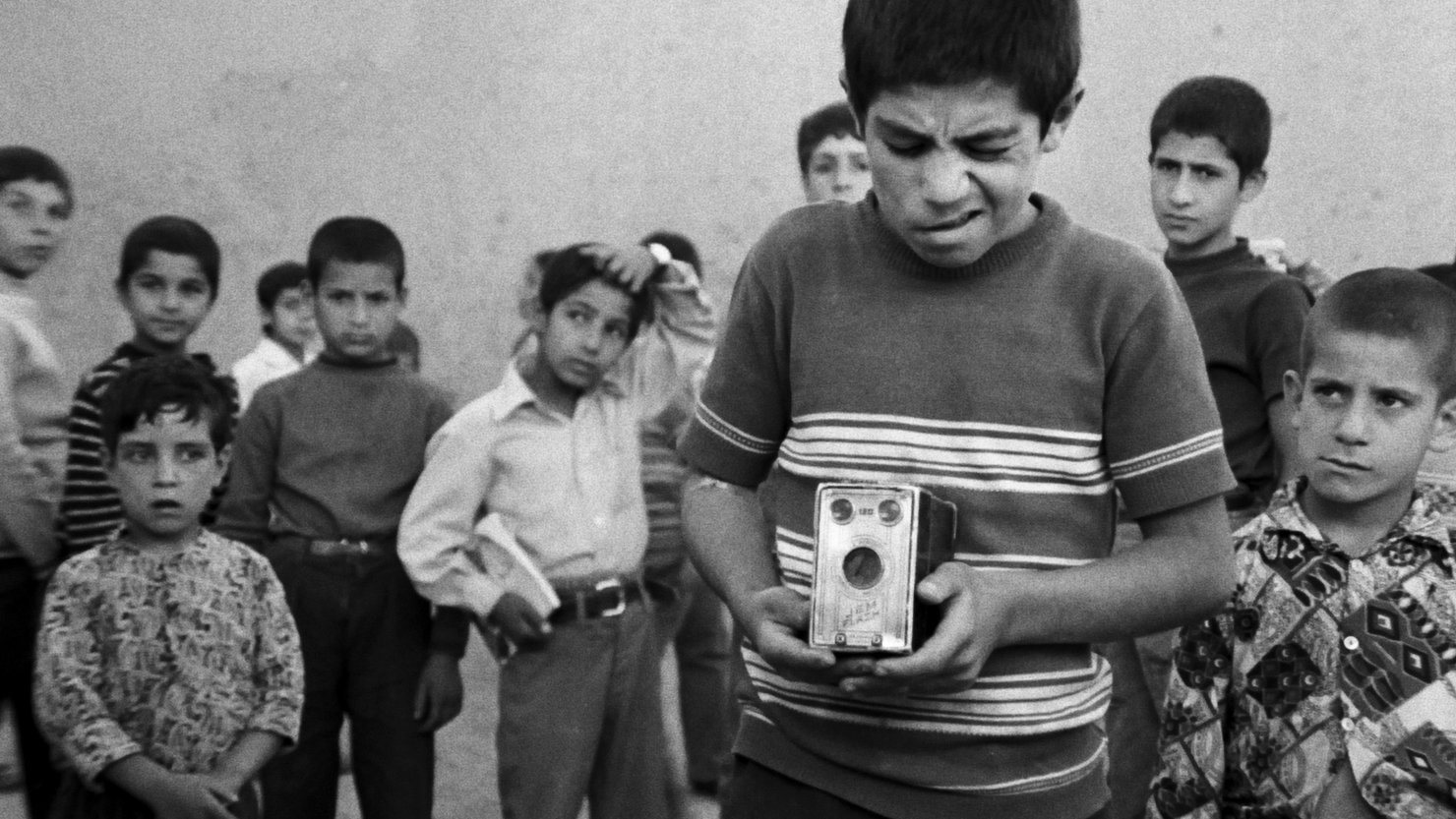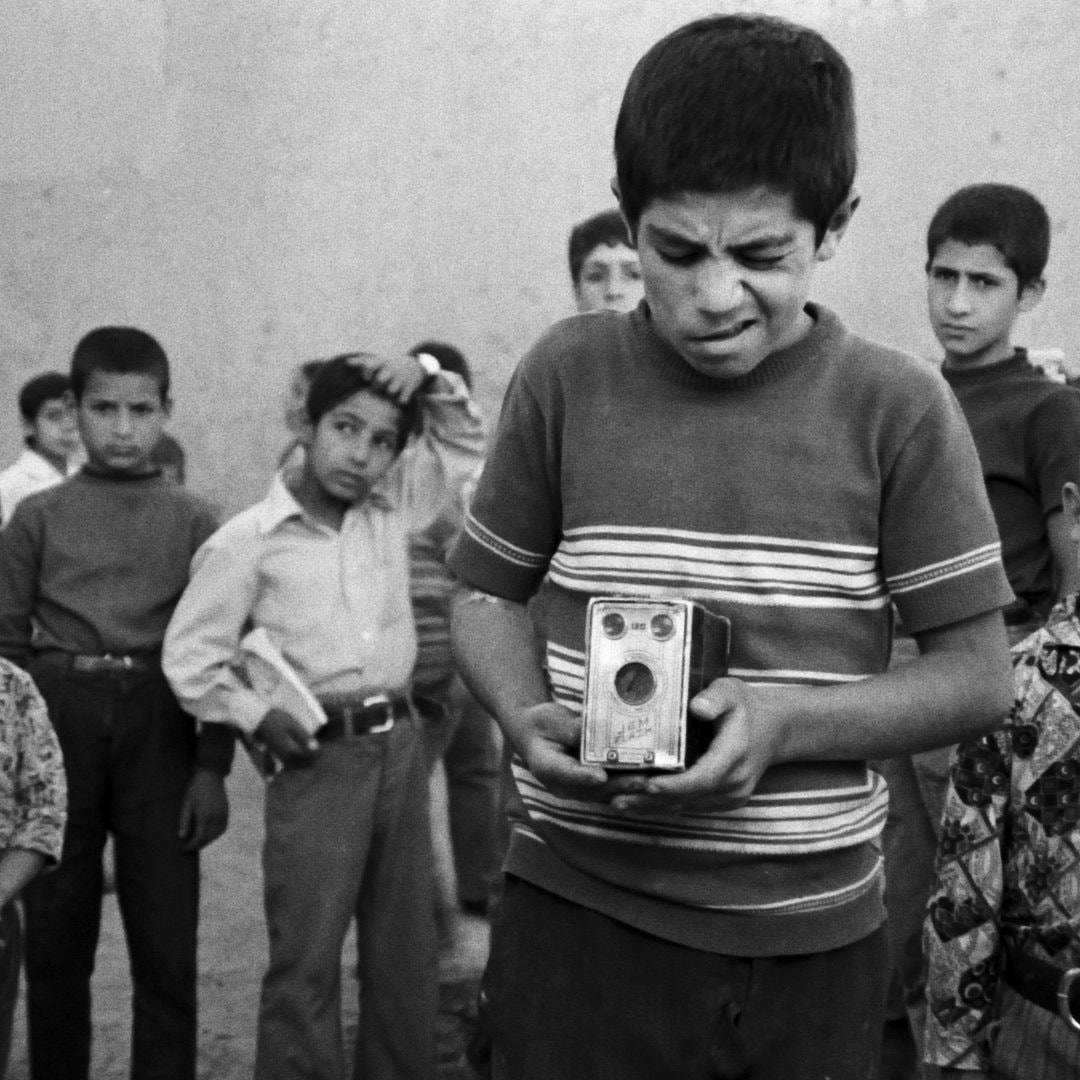Childhood, football, and a lonely exploration of the world beyond home are the common themes in Abbas Kiarostami’s short Breaktime and his feature The Traveler: two early films that seem to continue each other’s stories. Both pictures present an adult view on childhood and show the immense vastness of the world—both physical and existential, but always exceeding the human experience—reflected through the childhood experience. Garage Screen will show the Russian premiere of the restored films.
In Breaktime, Kiarostami’s second film, a schoolboy is expelled from class for breaking a window. His walk home is interrupted by a football match, in which he decides to take part. Kiarostami considered this short his perfect work: despite its limited format, he transgressed the storyline and the running time, expanding the film’s inner scope. Like the young protagonist in Breaktime leaves the familiar streets to discover the endless unknown world beyond, Kiarostami slowly leads the viewer out of the familiar reality and into a purely cinematographic space. It seems that the film only begins with the final shots to continue without the audience—congenial to the physical reality.
In Kiarostami’s debut feature The Traveler, a charming but troubled kid Qassem is growing up in a poor family in rural western Iran. He neglects school, does not listen to his parents, pretends to be sick, and only thinks of football. When Qassem finds out that his favorite club Persepolis will be playing in Tehran, he decides to sneak out of his house and go to the match. But first, he needs to find the money for the bus to the Iranian capital, where he has never been before.
In The Traveler, the coming-of-age story is blended into the partially documentary panorama of Iranian life that transcends the storyline. Kiarostami’s camera, invisible and attentive to detail, glides along the streets of Iran and people’s faces, capturing the dramas and the controversies of Iranian society as if in a “no comment” regime: the class separation, the gap between the center and the periphery, the conflict of generations. More than an escape from home and school, where he is time and again misunderstood and punished to an even tougher Tehran, Qassem’s trip is also an inner journey taking him away from the conventions he grew up with—the first experience of freedom and the first attempt to pave his own path through trauma, alienation, and disappointment.
The program opens with the short Two Solutions for One Problem—Kiarostami’s educational film exploring the theme of moral choice and the possibility of alternative action, important to the director, through an interaction between two school kids who quarrel over a torn schoolbook.
The films will be screened in Persian and English with Russian subtitles.
Two Solutions for One Problem, 1975. 5 min
Breaktime, 1972. 15 min
The Traveler, 1974. 74 min

